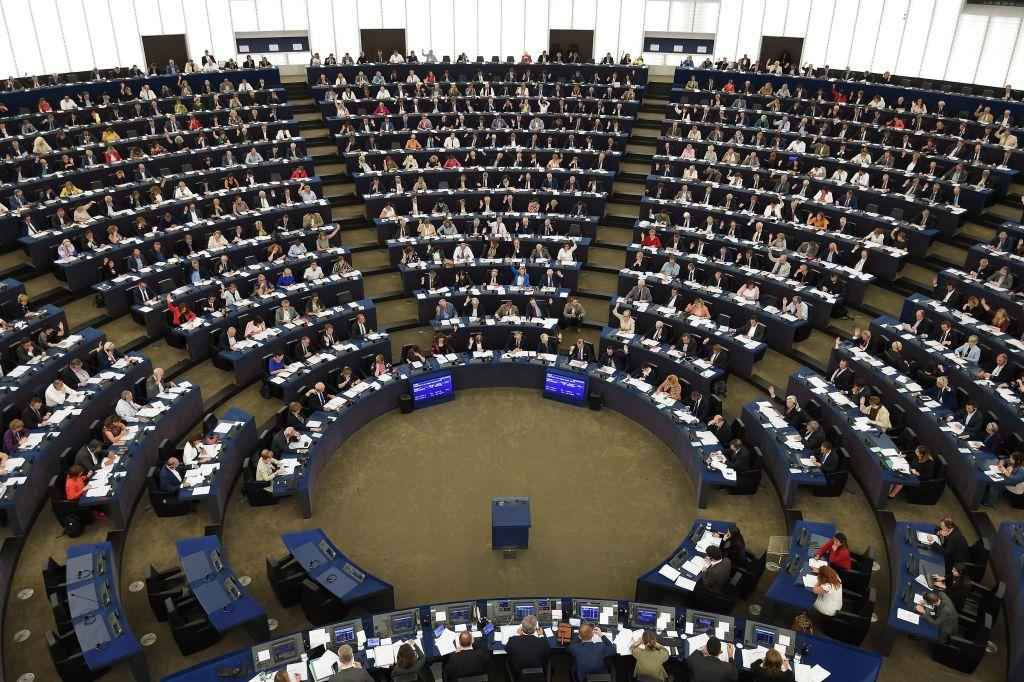Taiwan’s diplomatic relations with the European Union got a boost on Sept. 12 when the European Parliament passed a resolution that, in part, seeks to discourage Beijing from “endangering peace and stability in the Taiwan Strait.”
The resolution, drafted by Bas Belder, a Dutch politician and member of the European Parliament, received 530 votes in favor and 53 against, with 55 abstentions. Belder is a member of the Parliament’s Committee on Foreign Affairs.



